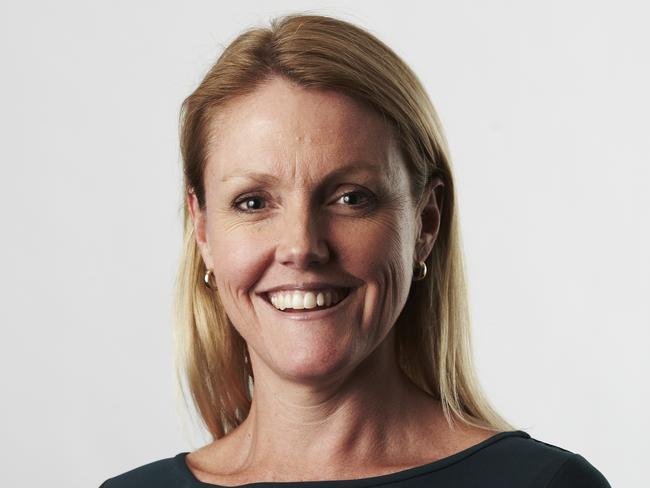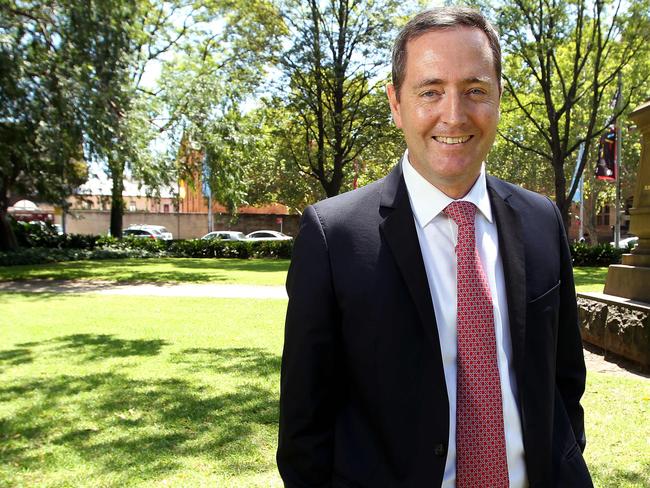Retirement savings set to fall well short of what Aussies need
ALMOST half of older Australians face a massive shortfall once they stop working after conceding they have far less superannuation than they need.
Super
Don't miss out on the headlines from Super. Followed categories will be added to My News.
ALMOST half of the older Australian population faces a massive shortfall once they stop working after conceding they have a superannuation balance of less than $100,000.
Alarming new statistics released by wealth management business MLC found 43 per cent of Australians aged between 50 and 70 have less than $100,000 tucked away.

The research which quizzed 1000 Australians aged between 50 and 70 who had balances ranging from zero up to $1 million, also found 33 per cent of this age group have less than $50,000 in their super account.
This is well below the recommended balance of $545,000 for a single retiree to live a comfortable retirement and for couples they need $640,000.
MORTGAGES: This could be a home loan trap that's catching you out
The constant massaging of superannuation rules in recent years and apathy around retirement has left pre-retirees with low balances but MLC’s superannuation spokeswoman Lara Bourguignon it’s not too late to take action.

RELATED: Australians in the dark about Super balances
“This is a generation who have not been the beneficiaries of superannuation guarantee contributions for their whole time in the workforce, so you would expect their balance is lower,’’ she said.
“But they may have invested outside of super so it’s important not to assume that their net worth is just their super wealth.”
She said it’s critical Australians know where their superannuation is and to seek advice on how to boost their balance.
CREDIT: Customers with credit cards are throwing away $400 a year
The Association of Superannuation Funds of Australia’s new retirement standard, released today, has revealed for couples aged around 65 to live a comfortable retirement they need to spend about $60,060 a year while singles need about need $43,700.
These amounts increased by 0.2 per cent in the June quarter.
ASFA’s chief executive officer Dr Martin Fahy said the increase of compulsory superannuation payments needed to be fastracked to fatten super balances — they are scheduled to incrementally increase to 12 per cent by 2025.

“Compulsory super has lifted retirement incomes by 40 per cent since it started in 1992,’’ he said.
“The super system is still maturing but it is keeping pension expenditure under control and will do an even better job of lifting living standards if the super guarantee (SG) is increased.”
HOW TO FATTEN SUPER
20s: Check your employer is paying your super (if you earn more than $450 a month from one employer or have an award entitlement.) Check for lost super and review your insurance cover.
30s: Make sure all your super is in one account to save on fees and charges. Review your insurance cover and contributions particularly if you are having a family.
40s: Review your investment options to make sure they match your time horizon and tolerance for risk and save as much into super as you can.
50s: Keep saving into super, salary sacrificing can offer good tax advantages and make a plan to reach your retirement goals.
60s: Know super is one of the best savings vehicles for your retirement. Find out what your options are for a tax-free retirement income including considering a transition to retirement pension from super.
All ages: Know super is your money, don’t lose it and keep a track of it. Take advantage of compound interest by starting early.
sophie.elsworth@news.com.au


